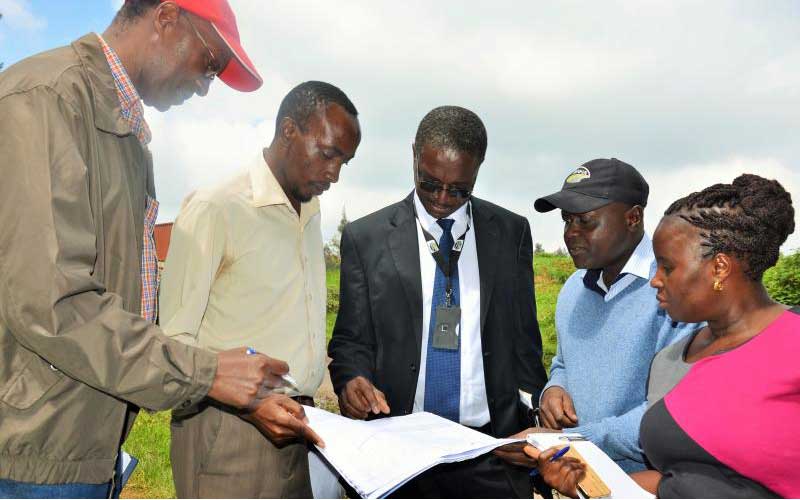
Travel along the Kerio Valley Road from Eldoret to Iten, mahogany trees that hugged out onto the road are no more; those trees that stood on the side like a parade of honour for those driving into Eldoret town have been cleared. You can’t also fail to notice the sparkling white Kenha beacons mark the road boundary.
Not for the first time and probably not for the last time, construction works on the Sh16.4 billion James Gichuru-Rironi turn-off on the Nakuru-Nairobi Highway have been jolted by protests about alleged delayed compensation and the inability to distinguish between private and public property.